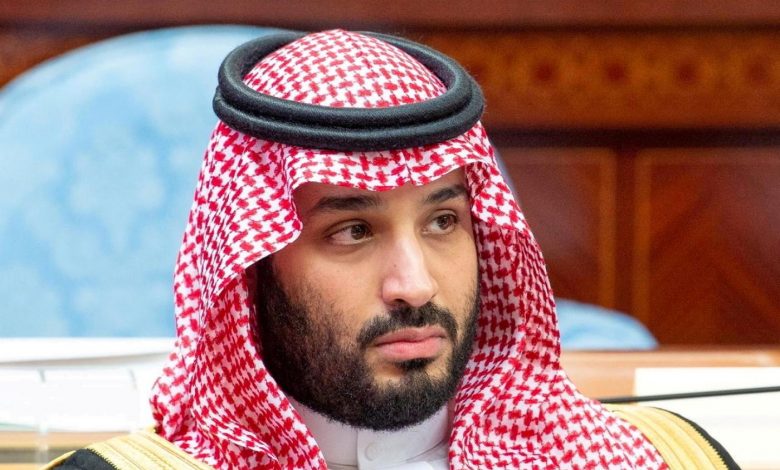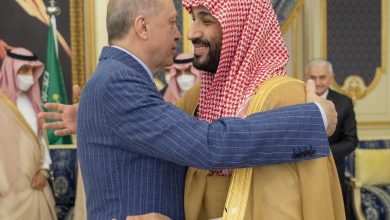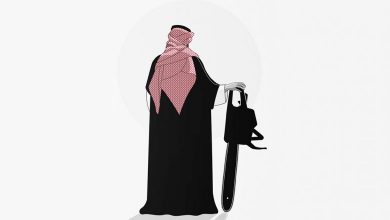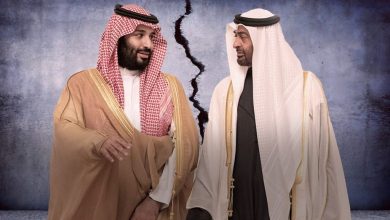Saudi Crown Prince Mohammed bin Salman added to press ‘predators’ list
Reporters Without Borders (RSF) released an updated list of the world's 'press freedom predators', which includes Mohammed bin Salman and Bashar al-Assad

Saudi Crown Prince Mohammed bin Salman is among the new entrants to Reporters Without Borders (RSF)’s “Press freedom predators” gallery, which has been updated for the first time since the last list in 2016.
The list comprises 37 heads of state – including six from the Middle East – who have cracked down on press freedom, created a stifling censorship apparatus, and who have jailed journalists arbitrarily or incited violence against them.
The governments of all those who appear on the list have been deemed fundamentally unsafe for journalists.
Nearly half of the leaders on the list are appearing for the first time, while seven leaders such as Syria’s President Bashar al-Assad and Russian President Vladimir Putin have long been a fixture on the list.
Other Middle Eastern leaders listed include Egyptian President Abdel Fattah el-Sisi, Turkish President Recep Tayyip Erdogan and Bahrain’s King Hamed bin Isa al-Khalifa.
“No one could say this list is exhaustive,” RSF secretary-general Christophe Deloire says.
“Each of these predators has their own style. Some impose a reign of terror by issuing irrational and paranoid orders. Others adopt a carefully constructed strategy based on draconian laws.
“A major challenge now is for these predators to pay the highest possible price for their oppressive behaviour. We must not let their methods become the new normal.”
MBS’s inclusion comes in the wake of the 2018 assassination of Saudi journalist Jamal Khashoggi.
Explaining their decision to class MBS a “predator”, a statement on the RSF website said that the crown prince “heads a monarchy that tolerates no press freedom. His repressive methods include spying and threats that have sometimes led to abduction, torture and other unthinkable acts.”
Other new entrants include Brazil’s Jair Bolsonaro, whose aggression towards the media has heightened during the course of the Covid-19 pandemic, and Hungary’s Viktor Orban.
For the first time two female leaders have joined the list: Carrie Lam, who has served as chief executive of the Hong Kong Special Administrative Region since 2017, and who is widely seen to support Chinese President Xi Jinping’s repressive policies towards the media; and Bangladesh PM Sheikh Hasina, who adopted a digital security law in 2018 that led to more than 70 journalists and bloggers being prosecuted.
The RSF began compiling the “Press freedom predators” gallery 20 years ago.





